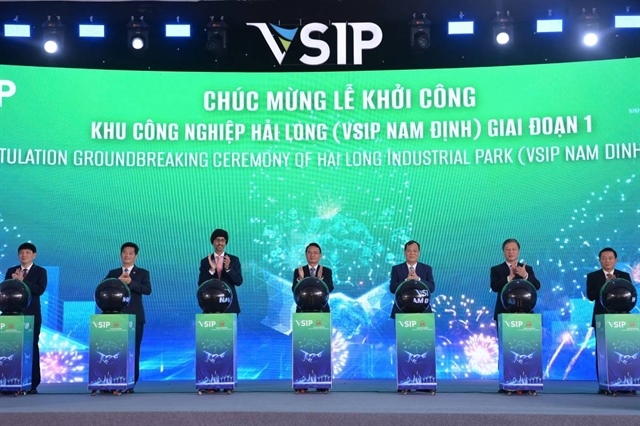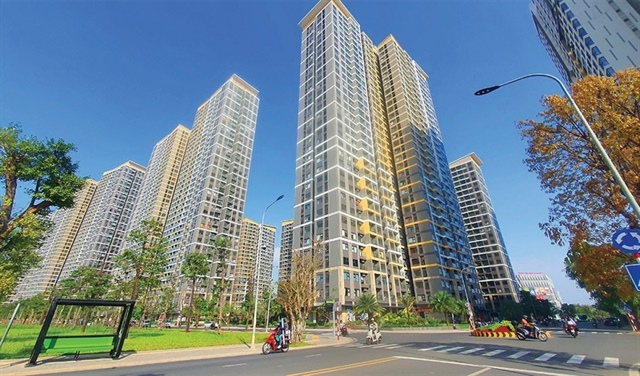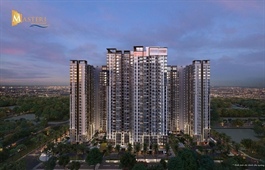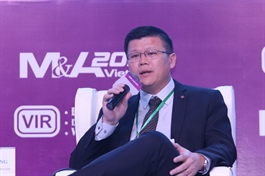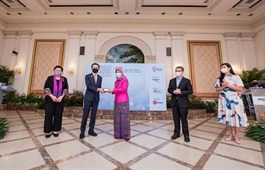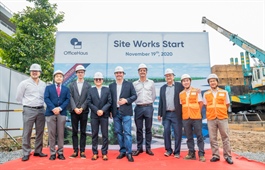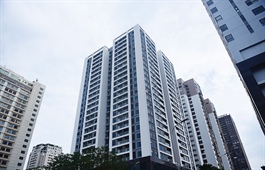Seizmic shifts in Vietnamese real estate market
Seizmic shifts in Vietnamese real estate market
The third session of Vietnam M&A Forum 2020 gathered experts and key leaders from Vietnam's leading real estate developers. Moderated by Michael Piro, COO, Indochina Capital, the session's participants shared their thoughts on market prospects and what needs to be improved to realise the market's potential.
The third session of the Vietnam M&A Forum 2020 gathered experts and key leaders from Vietnam's leading real estate developers. Moderated by Michael Piro, COO, Indochina Capital, the session's participants shared their thoughts on market prospects and what needs to be improved to realise the market's potential.
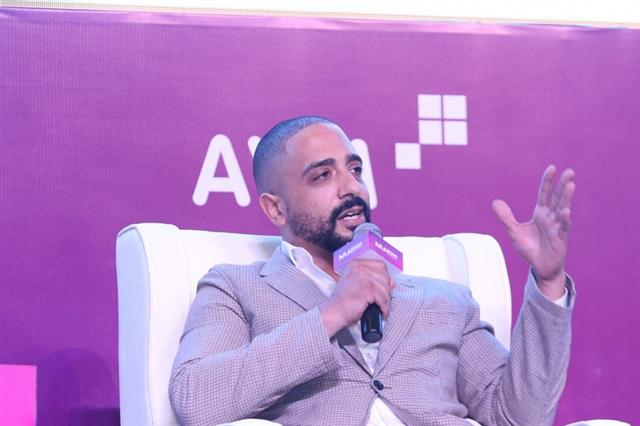
Michael Piro, COO, Indochina Capital
|
We are currently observing a lot of foreign capital looking to invest in offices and industrial properties. Foreign investors selling their assets in Vietnam does not mean they are withdrawing from the market, they are just diversifying their portfolio.
There is a shift from hospitality to office and industrial in the next five years.FDI pouring into Vietnam, residential land bank running out in major cities, and portfolio shifts of major developers to industrial real estate are pushing us to look beyond major cities, to explore new frontiers.
Average deal value in Vietnam is still inferior to neighbouring markets such as Malaysia, Thailand, or Singapore. Many foreign developers setting up investment teams in the Asia-Pacific region and Vietnam have had to step back.
Many M&A deals in Vietnam are considered extremely successful as the new owner/developer effectively integrated new projects into their portfolio and expansion strategy, introducing better-positioned, higher quality products to the market.
2020 is an interesting year for Vietnam with developers making quite good headways. Despite being impacted globally by COVID-19, Vietnam's real estate market has reported around $3.4 billion of incoming foreign direct investment for the first 10 months of this year
The scale of M&A in Vietnam is about $8.7 million, this is not as large as in other countries, such as Thailand where the market is valued at $18.5 million. Many foreign investors feel the need to set up offices in Vietnam, but carrying out these plans is still hard.
Foreign investors will propose M&A deals if they can find good companies. I used to work with many investors and saw that bank support is one of the factors that can attract them in larger numbers.
There are three things to look out for while seeking an M&A deal: partners, strategies, and business structure. People should not only look at the projects but also at the partners who will go with them in the future, and then options to restructure the projects.
Last year, we talked about hospitality and residential as the most active segments. This year we should focus more on accommodation. Despite having smaller populations, the second-tier cities of Vietnam are attracting developers. Bac Ninh, Haiphong, Binh Duong, Long An, Bac Lieu are most in the cross-hairs.
Three factors lead to a successful transaction are the right partner, right development strategy, and right restructuring plans.


